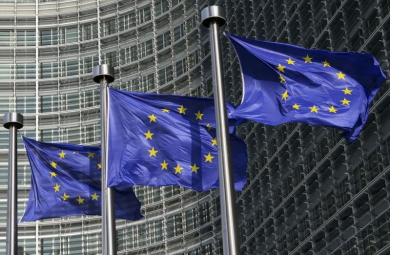Improving the safety and daily lives of European citizens thanks to radio navigation, guiding tractors by satellite for high-yield crops, optimizing response to humanitarian crisis…This crucial role of space is reflected in the European Commission communication as a first step of an integrated Space Policy to be developed with the new legal basis provided by the Lisbon Treaty. The new Communication aims at reinforcing Europe’s space infrastructure and calls for increasing support for research to increase European technological non-dependence, foster cross-fertilisation between the space sector and other industry sectors, and boost innovation as a driver of European competitiveness.
Faced with important economic, societal and strategic challenges, today’s communication sets out priorities for the future EU space policy:
- Pursue the achievement of the European navigation satellite programmes Galileo and EGNOS. For example, a service that was recently introduced under EGNOS enables precision approaches and renders air navigation safer (IP/11/247).
- Implement with Member States the European Earth Monitoring Programme (GMES) which is designed for land, ocean, atmosphere, air quality and climate change monitoring, as well as emergency response and security, with the objective to become fully operational from 2014;
- Protect space infrastructures against space debris, solar radiation and asteroids by setting-up a European Space Situation Awareness (SSA) system;
- Identify and support actions at EU level in the field of Space exploration. The Union could notably explore options to work with the ISS ensuring that all Member States participate in it;
- Pursue a Space Industrial policy developed in close collaboration with the European Space Agency and Member States;
- Support research and development to increase European technological non dependence and ensure that innovation in this field will be of benefit to non-space sectors and citizens. Communication satellites play a key role in this context;
- Strengthen the partnerships with EU Member States and the European Space Agency (ESA) and implement improved management schemes.
The Commission will pursue the dialogue with its key partners United States and Russia and will initiate discussion with other space faring nations such as China in order to develop more synergies. Space should become an integral part of the EU’s external policy in particular to the benefit of Africa.
Finally, the Commission is looking into the possibility of presenting a proposal for a European space programme in 2011. Taking responses to this communication into account, it will decide on its approach as part of its June proposal on the next multi-annual financial framework.

